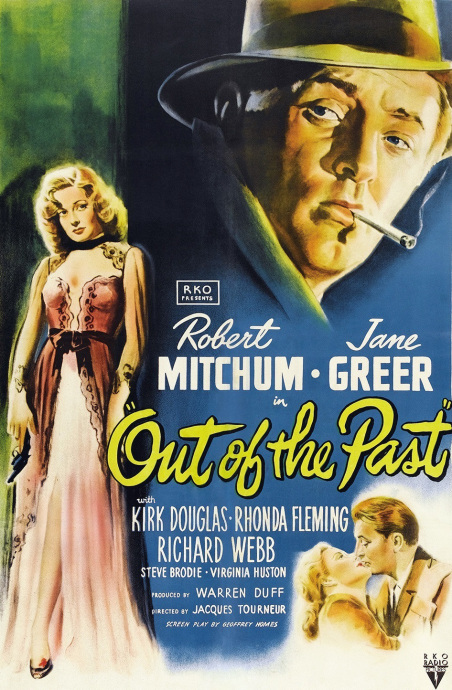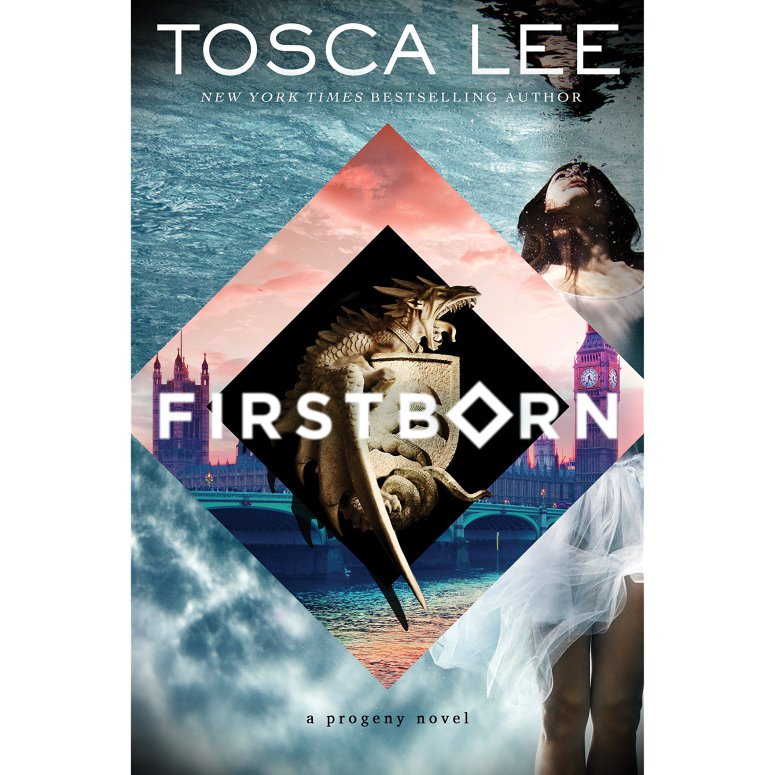 It’s been a very busy month and so rather than trying to write full reviews for everything I’ve read and failing miserably here are some brief thoughts about three books that I have enjoyed to a greater or lesser extent, but not felt really deserved a lengthy discussion.
It’s been a very busy month and so rather than trying to write full reviews for everything I’ve read and failing miserably here are some brief thoughts about three books that I have enjoyed to a greater or lesser extent, but not felt really deserved a lengthy discussion.
First up is Death in the Stars, the latest in Francis Brody’s series about 1920s Leeds’ private investigator, Kate Shackleton. This, the ninth investigation for Kate, starts with the eclipse of 1927, which could be seen in its totality across parts of the north of England. Music Hall entertainer, Selina Fellini, asks Kate to accompany her to Giggleswick to view the phenomenon, admitting that she is worried that either she, or someone else in the company she is performing with, may be in danger. Two members of the troupe have died as a result of apparent accidents in the preceding months but, even though she is reluctant to acknowledge as much, Selina clearly suspects foul play. Thus, when her co-star, Billy Moffatt, is found unconscious in the grounds of the school that has been playing host to many of the thousands of eclipse watchers, it is inevitable that Kate should find herself drawn to investigate not only the circumstances of his collapse but also those surrounding the earlier deaths. Is someone with a grudge against the company slowly taking down its members one by one? What role might Selina’s husband, Jarrod, badly injured in the war and no longer happy in general company, have to play in the disasters that assail the troupe? Kate, along with ex-policeman, Jim Sykes and her stalwart housekeeper, Mrs Sugden, set out to get to the bottom of the matter.
While I enjoy Francis Brody’s novels I don’t find that they engage me with the period in quite the way that I would like. I wouldn’t describe them as cosy, but they don’t explore the links between the social and political conditions of the interwar years and the manner in which certain crimes grew out of those situations in the way that say Jacqueline Winspear’s Maisie Dobbs novels do. Nevertheless, if you want a cracking read for a winter’s night by the fire, this will do very nicely.
~
 Silent Scream is the first novel in Angela Marsons’ police procedural series featuring DI Kim Stone and DS Bryant. The murder of a well respected Head Teacher is the first in a spate of killings which eventually are found to be linked by the victims’ past employment at Crestwood, a former children’s home. Kim Stone, someone whose emotions are never far from the surface, is immediately personally engaged, having spent most of her early life in similar institutions. While a link between the victims may have been found, motive for the killings comes almost accidentally when a local university team is given permission for an archeological dig on ground abutting the old premises and a body is unearthed. As it proves to be that of a teenage girl it seems likely that there is some connection to Crestwood. The subsequent discovery of two more bodies only heightens this possibility. Someone knows how and why these girls died and that someone is now taking revenge.
Silent Scream is the first novel in Angela Marsons’ police procedural series featuring DI Kim Stone and DS Bryant. The murder of a well respected Head Teacher is the first in a spate of killings which eventually are found to be linked by the victims’ past employment at Crestwood, a former children’s home. Kim Stone, someone whose emotions are never far from the surface, is immediately personally engaged, having spent most of her early life in similar institutions. While a link between the victims may have been found, motive for the killings comes almost accidentally when a local university team is given permission for an archeological dig on ground abutting the old premises and a body is unearthed. As it proves to be that of a teenage girl it seems likely that there is some connection to Crestwood. The subsequent discovery of two more bodies only heightens this possibility. Someone knows how and why these girls died and that someone is now taking revenge.
I am always on the lookout for new police procedural series but I am in two minds as to whether I shall continue with this one. The novel is well enough plotted but the writing, especially in the early chapters is very pedestrian and I am so tired of the psychologically flawed detective who is allowed to get away with the sort of constant rule breaking that would see mere mortals like you and me sacked before the end of our first week. Also, there are some errors of consistency which even if the author allowed them through should have been picked up by an editor. For example, there is a character who is an MP but who is frequently referred to as a councillor. Which is he? There is a difference. I am aware though that I was edgy about this book from the start because it is set very close to home. In fact, it would only take me around forty-five minutes to walk to the police station where Stone is based – less than ten to go in the car. I don’t know why, but I find it very unnerving to have places I know cropping up in fiction and I tend, as a result, to be more critical than normal. Perhaps I should give one more book a try before giving up.
~
 Guy Fraser-Sampson is a well established writer of both fiction and non-fiction. Death in Profile is the first in a series, The Hampstead Murders, which looks back, in places explicitly, to crime fiction of the Golden Age. Following the discovery of the body of a fifth woman, all of whom, it is assumed, have been murdered by the same killer, Detective Superintendent Simon Collinson is brought in to take over an enquiry which, after eighteen months appears to have stalled. Relying heavily on the support of DI Tom Metcalfe and DC Karen Willis he takes the advice of the latter and consults her partner, Peter Collins, in the role of profiler, in an attempt to narrow down the scope of the enquiry. Initially this appears to have been an inspired decision as a suspect who fits the description offered is apprehended, charged, brought to court and convicted, However, almost immediately the safety of the conviction is brought into question and DS Collinson and his team are put under intense pressure by both the press and the higher echelons of the Met. To either justify their initial arrest or find the real killer.
Guy Fraser-Sampson is a well established writer of both fiction and non-fiction. Death in Profile is the first in a series, The Hampstead Murders, which looks back, in places explicitly, to crime fiction of the Golden Age. Following the discovery of the body of a fifth woman, all of whom, it is assumed, have been murdered by the same killer, Detective Superintendent Simon Collinson is brought in to take over an enquiry which, after eighteen months appears to have stalled. Relying heavily on the support of DI Tom Metcalfe and DC Karen Willis he takes the advice of the latter and consults her partner, Peter Collins, in the role of profiler, in an attempt to narrow down the scope of the enquiry. Initially this appears to have been an inspired decision as a suspect who fits the description offered is apprehended, charged, brought to court and convicted, However, almost immediately the safety of the conviction is brought into question and DS Collinson and his team are put under intense pressure by both the press and the higher echelons of the Met. To either justify their initial arrest or find the real killer.
I really wanted to like this novel, if only because the quality of the writing is so good that I would happily read more by the same writer. However, despite being well-practised in believing six impossible things before breakfast each morning, there are plot elements here that not even I could swallow. I found it difficult to believe, for example, that a modern day DS would accept someone about whom he knew nothing into an enquiry of any sort, let alone one of this magnitude, and yet Collinson not only readily agrees to Peter Collins’ involvement he then places considerable weight on the almost instant profile that is forthcoming as a result. Hardly had I got over that, however, than I was been asked to believe that three members of the Metropolitan Police Force engaged in trying to track down a serial killer and having already blundered badly, would not only enter into a charade in which they take on the roles of Harriet Vane, Parker and Bunter to Collins’ Peter Wimsey, but also follow up on suggestions made in the course of that pretence. Maybe I’m just not entering into the spirit of the thing, but the word that came to mind was ‘tosh’. I suspect that if I were to go on and list my other concerns fans of this series would counter them by saying that they were all characteristics of crime fiction of the Golden Age and maybe that is so. But, for me, a novel set in the present needs to ring true of its own period and good writing or not, this is a series to which I shall not be going back.
Advertisements Share this:





